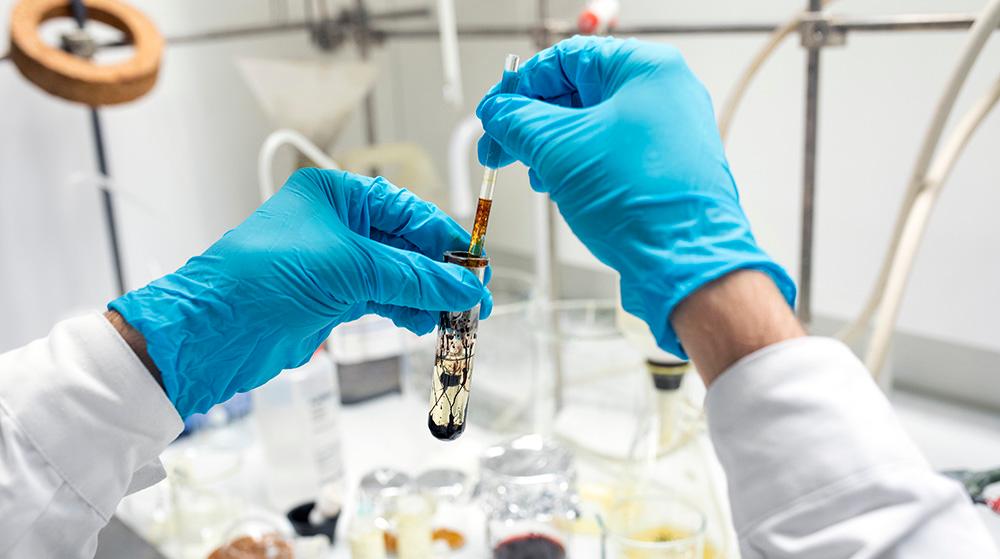Programme structure - Chemistry (Master's Programme)
Chemistry (Master's Programme)
Programme structure

Programme components
The programme requires two years of full-time study, beginning with the autumn term (mid August). The normal workload for a full-time student for one academic year is 60 ECTS credits.
There are two main components to the Masters programme
- Masters thesis (60 ECTS credits)
- Theoretical and methodological courses, some compulsory and some elective (60 ECTS credits)
Compulsory courses
- Experts in team work (7.5 ECTS credits) (Spring)
- KJ3091 Special syllabus for Master's degree (7.5 ECTS credits) (Last semester)
Elective courses and specialization
You choose between 3 specializations
There are recommended elective courses for each specialization. At least 30 ECTS credits of them must be at the master level (3000-level). The courses are chosen in collaboration with your academic supervisor.
Important: Students majoring in Environmental and Analytical Chemistry and wants to proceed this specialization should apply for the master's programme MSc in Environmental toxicology and chemistry.
Study plan details
Check the current schedule for compulsory and elective courses by year and semester, as well as other details about the programme.
Study plan